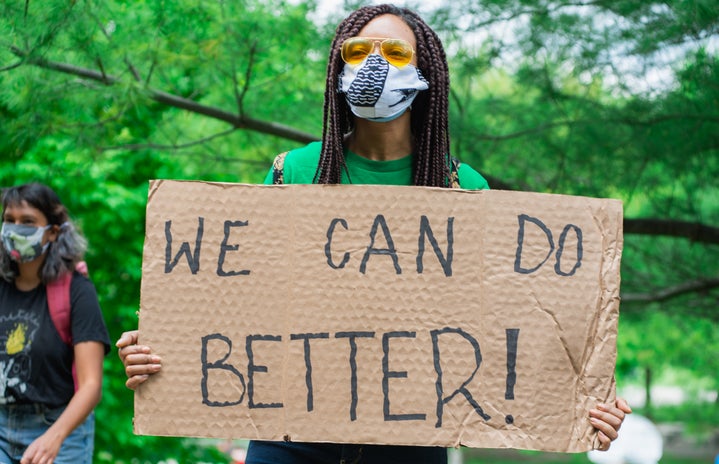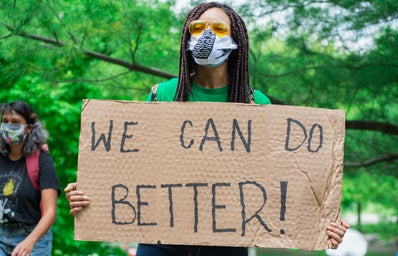Why President Kent Fuchs’ reinstatement of a free speech regulation is a problem.
Free speech and the First Amendment have always been touchy subjects, especially in schools. A student’s right to free speech should be affirmed in public institutions, but to what extent? Where is the line drawn? And a public university should have the power to limit violent or hateful protests, but where is that line drawn? These are the questions that President Fuchs and the rest of UF face as the selection process of candidate Ben Sasse ends.
The First Amendment, which includes the five basic freedoms of speech, religion, press, assembly and the right to petition the government, is characterized by an elasticity that has allowed us to stretch it to modern context as needed. The founders of the Constitution never could have foreseen the reality we now live in, so the First Amendment and the fine print of free speech are constantly being reinterpreted to address relevant issues.
However, some groups are more vulnerable than others to the consequences and loopholes of these interpretations. Students are especially susceptible to limitations on free speech and other First Amendment rights. While great progress was made with the landmark Supreme Court case Tinker v. Des Moines, a student’s First Amendment rights are not always guaranteed within school walls. UF’s decision to reinstate a regulation that hasn’t been in effect for years magnifies this fact.
The reinstatement came after protesters entered the student forum at Emerson Alumni Hall where Sen. Ben Sasse was fielding questions. After the incident, President Kent Fuchs released an email confirming both UF’s commitment to protecting the rights of everyone to speak and hear and the restriction of free speech in the future via an indoor regulation on protest.
The problem is not the fact that protesters were reprimanded for their actions on Oct. 10, nor is it the fact that the kind of protesting described in Fuchs’s email has been restricted to an outdoor setting. The First Amendment doesn’t protect speech that incites violence, contains threats, is obscene or defames a person. For obvious reasons, the Jan. 6 insurrection at the Capitol is an example of the kind of protest that should be restricted both now and in the coming years.
The limitation of free speech in schools isn’t inherently bad; public schools are places for learning not grounds for rebellion. But schools can go too far in an attempt to quell unrest among its student body, a body that pours hefty amounts of tuition dollars into their pockets every year. The restriction of free speech has always been about control; it is often in one group’s best interest to silence the voices of another group. But this is not a political game. Speech cannot be zoned. Regulation makes it so that some speech is valued more than others, and this is where the problem lies.
Protest is rightfully hailed as an essential part of American democracy, but it is worth considering that protest is often a desperate attempt to get leaders to listen because they were given no other opportunity to express their grievances. The motives behind the approval of Ben Sasse as UF’s next president are irrelevant so long as students are not given the platform to voice their concerns.
The order of future proceedings has been preserved, but at what cost? A suspension of indoor protesting has dangerous implications for the University and its top-five standing because of the precedent it sets for other First Amendment issues both here and at other universities. If leadership doesn’t trust students to participate in discourse over the issues that affect them directly, what does that say about the leadership?
Of course, students are still allowed to engage in protests outside, but the decision to prohibit it within campus buildings gives new meaning to “behind closed doors.” If we really want to vigorously protect First Amendment rights at educational institutions, we must evaluate the root causes of dissent and treat it on a case-by-case basis instead of slapping band-aid-sized regulations on a much greater problem.
We must promote civic discourse and open communication between students and board members rather than fueling mistrust and division. In an increasingly toxic political climate, public education institutions are beacons of democracy, facilitating conversations between people of all different backgrounds. If we threaten free speech, we threaten the very thing that makes public universities so great.

